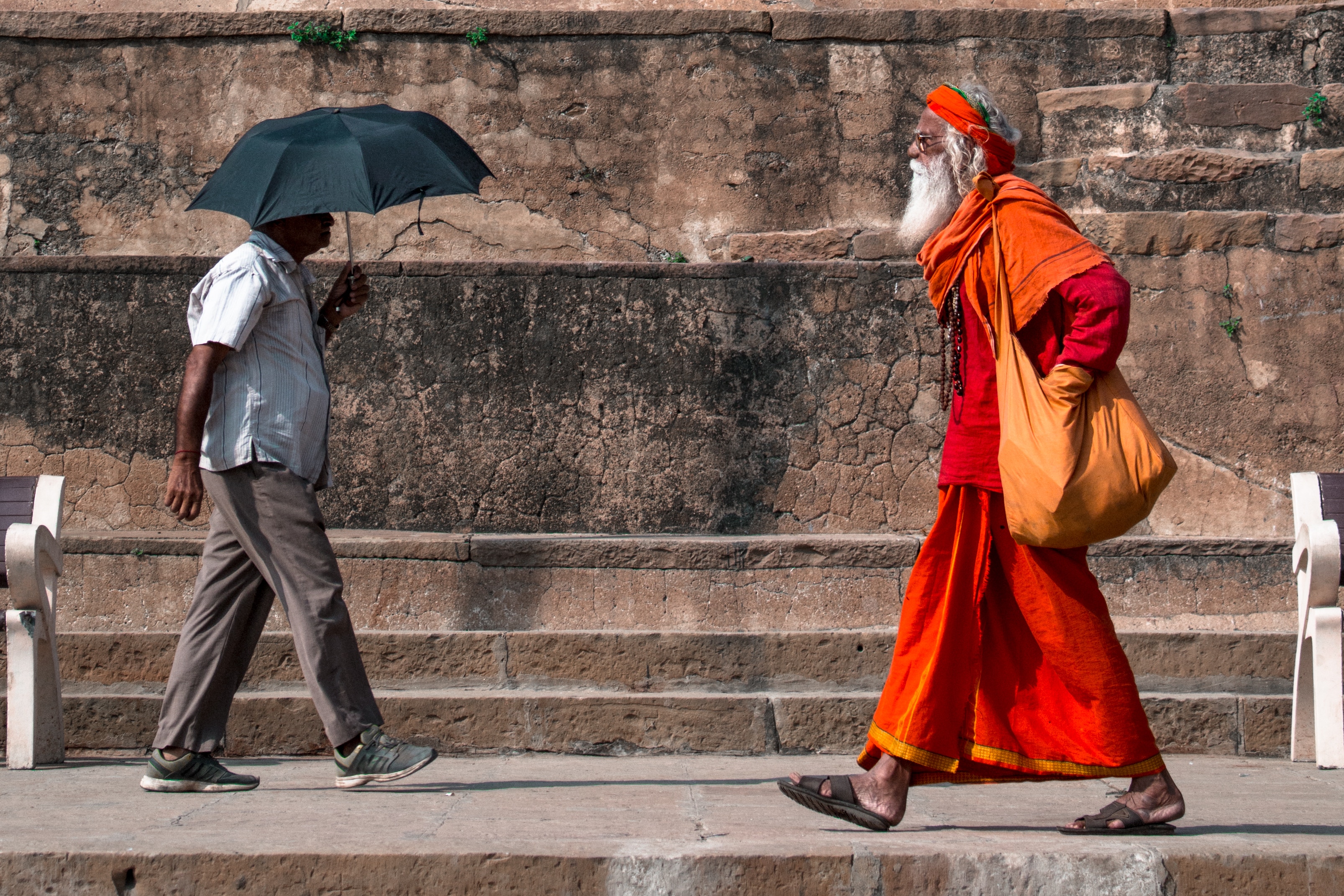It was with a heavy heart, but one filled with hope and curiosity about a new life abroad, that I packed the last of my belongings into my car in Seattle earlier this month.
In Kwame Anthony Appiah’s February essay on cosmopolitanism, “The Importance of Elsewhere,” he presented the image of putting down roots as a rhizome does, spreading both downward and horizontally outward as one develops. In another wonderful essay, Gianpiero Petriglieri opines on reanimating the humanistic spirit of cosmopolitanism.
I’ve lived an unexpectedly cosmopolitan life: raised in the cradle of giant mountains in Montana. At first, I ventured only to a nearby university town for my undergraduate education. In that education, however, the world slowly began to open itself to me. My latest stop brought me to Seattle; quite close to Montana. In just a short time there, two years, I learned a great deal and at least set down the beginnings of new roots: embracing a broad religious community of Zen practitioners and Unitarian Universalists, meeting and befriending a number of neighbors, spending time with my cousin who lives nearby, as well as my very good friend and fellow cosmopolitan Moses, who I know from my second graduate school time in Bristol, England, where he also attended grad school, traveling from his home nation of Kenya.
I’ve learned about the local politics, the difficulties of growth, the unique character of this metropolis surrounded by mountains. And I have seen that I have only scratched the surface on all of this.
Moving is hard. Change is hard. But I hope that what I’ve learned and who I have become over the last few decades of travels and growth can bring something good to Hong Kong: to a new job, new neighbors, new politics, new nature.
As Petriglieri writes:
“If we want to fend off the globalization of ultra-nationalism, now is the time to take a stand for cosmopolitanism—extricating its broadminded attitude from its elitist parody, and putting it to work to temper nationalism and humanize globalization.
…
My parents’ generation blessed, if ambivalently, our cosmopolitanism because it was an insurance policy as much as an aspiration. Born out of the rubble of nationalism, it was primarily a humanistic project—not an economic one. It emphasized commonality of experience and tolerance of differences. It should make us realize people unlike us were humans just like us, and replace superstition and suspicion—the pillars of tribalism—with curiosity and compassion.”
And in my academic life, studying Buddhist philosophy, I likewise find a kindred, cosmopolitan spirit. Here, Jay Garfield elucidates that spirit of intellectual journeying into the unknown:
A word about the title is in order. When I use the word Engaging, I do so with the Sanskrit and Tibetan terms most often translated by this term in mind. In Sanskrit the term is avatāra; in Tibetan ‘jug pa. These terms have nice semantic ranges. They can mean engaging with, or engaging in, as in engaging with a body of literature or an object, or in an activity; they could equally well be translated as descending, as in coming down from a mountain into the real world; or as manifesting, as in being the manifestation of a deity or a realized being; they can also mean proceeding, as in proceeding on a journey. And they can mean an introduction, as in Introduction to Buddhist Philosophy. I like these terms, and I bring all of these senses to mind when I invite the reader to Engage with Buddhism—to take it seriously; to take up thinking through the point of view of this tradition; to come down from the mountain of Eurocentric isolation into a multicultural philosophical marketplace; to manifest as a cosmopolitan intellectual; to take up a new journey; and to be introduced to the Buddhist world.
From Jay Garfield, Engaging Buddhism: Why it Matters to Philosophy (Oxford University Press 2015)
Kwame Anthony Appiah: “The Importance of Elsewhere” (Foreign Affairs)
Gianpiero Petriglieri: “In Defense of Cosmopolitanism” (Harvard Business Review)

